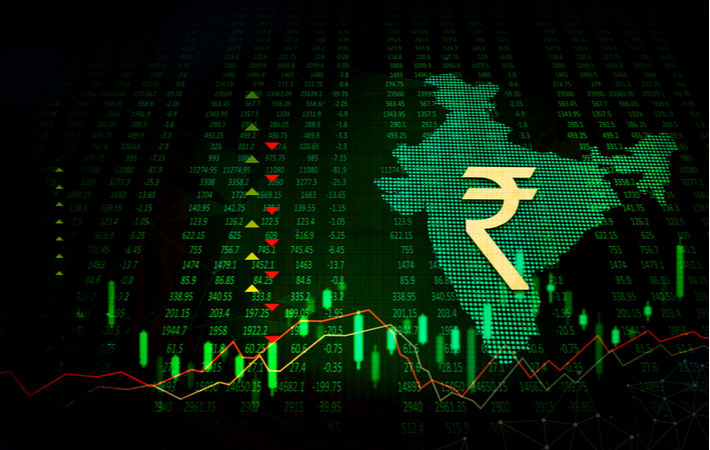
“The global economic fallout of the war is expected to negatively impact India's economy through a number of channels, which differ from those impacting the Indian economy during COVID-19,” IMF director of the communications department Gerry Rice recently said.
Rice said the sharp rise in global oil prices represents an important trade shock with macro-economic implications. It will lead to higher inflation and current account deficit, he was quoted as saying by global newswires.
“But the impact on the current account could potentially be partially offset by favourable movements in prices of commodities that India exports, for example, wheat,” he said.
Rice said that the negative impact of the war in Ukraine on the US, the EU and Chinese economies could dampen external demand for India's exports, while supply chain disruptions could negatively impact India's import volumes and prices.
“There's also the question of tightening financial conditions and heightened uncertainty, which can affect domestic demand and the fiscal position through higher borrowing costs and reduced confidence,” he said.
“In summary, I think there's a great deal of uncertainty around the outlook for India. That uncertainty is clearly I would describe it as elevated and will depend again on the magnitude and persistence of the shock, and whether other macroeconomic risks materialise. And of course on the policies of the government in response to this difficult situation,” Rice said.
“The immediate impact of the conflict on China is likely to be relatively small. The higher oil price could affect domestic consumption and investment going forward, but price caps will limit the impact,” he added.
Indian banks may face some headwinds from the Russia-Ukraine crisis, which could lead to higher inflation and some stress for borrowers, S&P Global Ratings analyst Deepali Seth Chhabria said.
"The outlook on Indian banks continue to remain stable but pockets of stress may emerge due to the conflict as Indian banks already have a huge pile of weak assets and progress on their resolution has been slow," she said.
Indian banks' direct exposure to Russia and Ukraine is limited and the direct impact from the conflict is likely to be marginal, she added.
“Despite India’s limited direct exposure, the combination of supply disruptions and the ongoing terms of trade shock will likely weigh on growth, result in a sharper rise in inflation, and (lead to) a wider current account deficit,” said Sonal Varma, chief economist at Nomura Holdings in a report.
As India imports up to 85 per cent of its crude oil needs, the surge in international oil prices to a 14-year high will now result in broader price pressures.
Fibre2Fashion News Desk (DS)